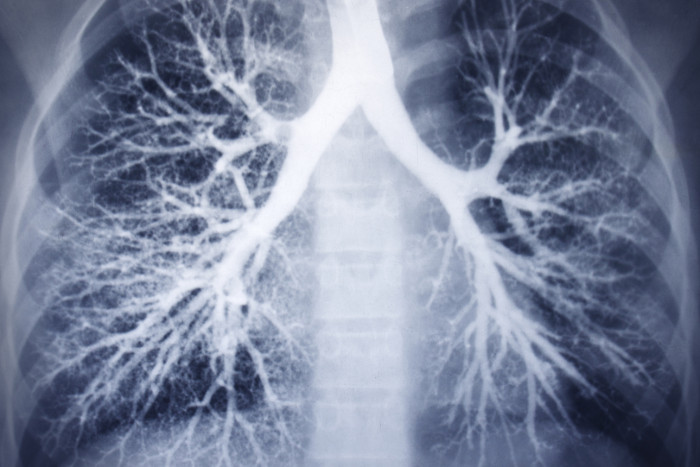Comprehensive care for pulmonary hypertension
New studies are working to improve treatments for pulmonary hypertension, a type of high blood pressure that affects arteries in the lungs

In the span of a decade, advancements in medical research have transformed pulmonary arterial hypertension from a universally fatal disease into a chronic medical condition, says Murali Chakinala, MD, Washington University pulmonary specialist at Barnes-Jewish Hospital.
The Washington University Pulmonary Hypertension Center is involved with numerous clinical trials in an effort to further improve treatments, from drugs that target new molecular pathways to easier delivery systems for existing therapies.
“We have close to 15 active protocols with many still actively enrolling,” Chakinala says. “Most are recruiting patients with pulmonary arterial hypertension, but recently we’ve started to investigate other types of pulmonary hypertension, like those associated with left-sided heart disease.”
Collaboration is key
Since most cases are caused by underlying heart or lung disease such as a leaking valve or sleep apnea, Chakinala emphasizes the importance of collaborating with physicians in other specialties, such as cardiology, to co-manage patients with pulmonary hypertension.
“If pulmonary hypertension is caused by an underlying heart problem, we might refer patients to our heart failure clinic, or to our heart and vascular center if they need a valve repaired,” Chakinala says. “In that sense, we can act like a triage officer, sending patients to the appropriate area of our institution to address their primary problem.”
And if the primary problem is pulmonary arterial hypertension, whose cause is still not well understood, Washington University physicians offer the full range of treatments, from oral drugs to advanced therapies like chronic infusions and even lung transplantation.
“There are a lot of pieces to the pulmonary hypertension puzzle,” Chakinala says. “And it’s nice to have all the pieces in one place.”







